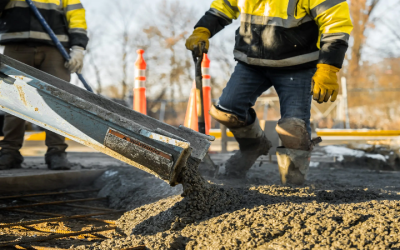Resin countertops are all the rage in laboratory furniture. Don’t know quite yet if you want to go for epoxy or phenolic ones? Here are some helpful steps to finding which one is right for you :
Check your budget
Cost is always a major consideration. Between the two, epoxy resin tops cost more than phenolic surfaces. So if you’re under a tight budget, phenolic is a fine enough choice to go for. If you aren’t counting pennies, though, and want the latest, then the resin countertop is a solid option.
Look for durability
You’ll want to make sure you pick a countertop that can withstand heat and exposure to corrosive chemicals and processes. In this, both types perform well. If you need workstations that can take a beating, then either of these hit the mark pretty well.
Check for moisture-resistance
Both types are also a good choice for countertops or areas near sinks. Moisture and humidity can compromise other surfaces, with the moisture seeping through. That’s not a problem with solid resin work counters. These are resistant to oil and water, among other things. You won’t have to worry about spills resulting in adverse effects on your laboratory surfaces.
Ask about scratches and scuffles
Both can take scratches and scuffles, well, says AGR Fabricators. However, scratches are a bit more visible on epoxy surfaces than on phenolic resin countertops. Both are impact-resistant too so accidents won’t have to leave dents and unsightly marks on the surface.
Know how to clean it
These surfaces also make it easy to keep your work areas sanitized. They’re resistant to dust, so staying clean isn’t going to be a problem.
Figure out installation ease
Between the two, phenolic resin is much easier to work with. It can also withstand higher heat levels. So if that’s a requirement, then phenolic resin might be the better option for you.







